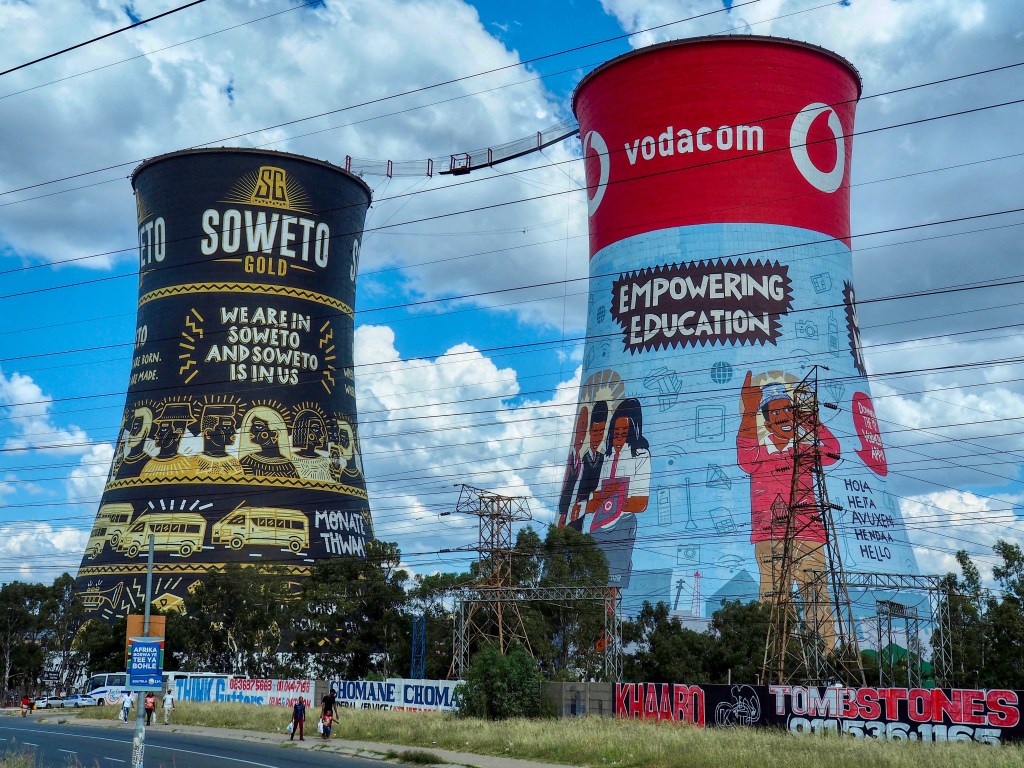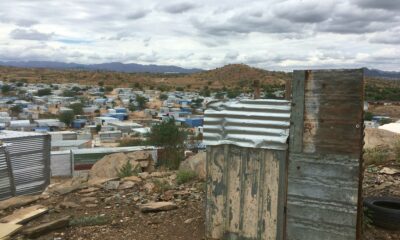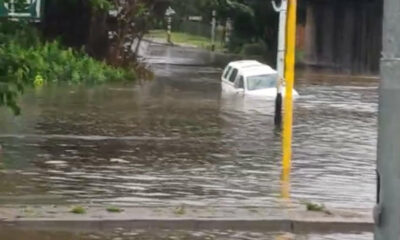News
Johannesburg Cracks Down on Informal Settlements: Illegal Occupations and Foreign Tenants in the Spotlight

Johannesburg is once again at the centre of South Africa’s housing debates, as city officials announce a hard-line crackdown on informal settlements. Mlungisi Mabaso, the City’s MMC for Human Settlements, has made it clear: illegal occupationsparticularly those involving undocumented foreign nationals, will be dismantled, even if it means demolishing hundreds of shacks.
The Numbers Behind the Crisis
The growth of informal settlements in Gauteng is staggering. In 2016, the city recorded 181 settlements. By 2019, that number had ballooned to over 300. Today, officials acknowledge at least 352 recognised informal settlements in Johannesburg, with new ones “mushrooming” almost monthly.
Recognition, however, doesn’t mean permanence. As Mabaso explained, it’s a legal step to allow the city to provide temporary serviceslike water and waste collection, while ownership disputes, audits, and evictions are handled. Without recognition, taxpayer funds can’t be legally allocated.
Where Foreign Nationals Fit In
At the heart of Mabaso’s argument is the claim that many informal settlements are no longer simply desperate families putting up makeshift shelters. Instead, he describes them as organised invasions and even informal property markets.
“People are buying stands in these informal settlements,” Mabaso said. “South Africans act as landlords, renting out shacks to foreign nationals. That’s why we’re pushing them out.”
According to him, raids often uncover South Africans profiting from illegal rentals, while undocumented immigrants bear the brunt of eviction. Home Affairs officials frequently accompany the city to verify identities before demolitions.
A Familiar Tension: Law vs. Rights
Critics, including the South African Human Rights Commission (SAHRC), have condemned the demolitions as unconstitutional and a violation of basic human rights. Mabaso, however, rejects this outright.
“There is nothing xenophobic about dealing with lawlessness and anarchy,” he insisted. “Illegal foreign nationals in the country are tantamount to lawlessness and point to a government that is failing to protect its citizens.”
The MMC argues that taxpayers shouldn’t fund services for undocumented immigrants, nor should land earmarked for formal housing projects be hijacked by invasions.
Public Reaction: Between Sympathy and Frustration
On social media, reactions have been sharply divided. Some South Africans applaud Mabaso’s approach, citing the country’s housing backlog and the frustration of citizens who have waited years for government-subsidised homes. Others accuse the city of scapegoating foreign nationals while failing to address corruption and mismanagement in the housing department itself.
The SAHRC’s stance has also stirred debate, with some Johannesburg residents openly questioning whether the Commission prioritises human rights over law and order.
A Broader Context
Informal settlements are not new in South Africa. Many trace their origins back to pre-1994, when apartheid spatial planning forced Black South Africans into overcrowded, poorly serviced townships. Post-democracy, informal housing mushroomed as urban migration surged, but formal housing delivery has lagged behind demand.
Today’s added layer, foreign nationals renting from South Africans in these settlementsreflects both a housing crisis and an economic one. It’s a reminder that informal economies thrive where state systems fail.
What Comes Next
For Mabaso, the path forward is about enforcement. “Land earmarked for development is being hijacked, taxpayers are losing out, and rightful beneficiaries are being denied housing. We must restore law and order,” he said.
But for human rights advocates and many Johannesburg residents, the question remains: will demolitions solve the housing crisis, or simply displace the poor from one corner of the city to another?
What is clear is that Johannesburg is at a crossroads. How it balances law enforcement, human rights, and housing delivery in the coming months will shape not just its skyline, but its social fabric.
{Source: BusinessTech}
Follow Joburg ETC on Facebook, Twitter , TikTok and Instagram
For more News in Johannesburg, visit joburgetc.com



























